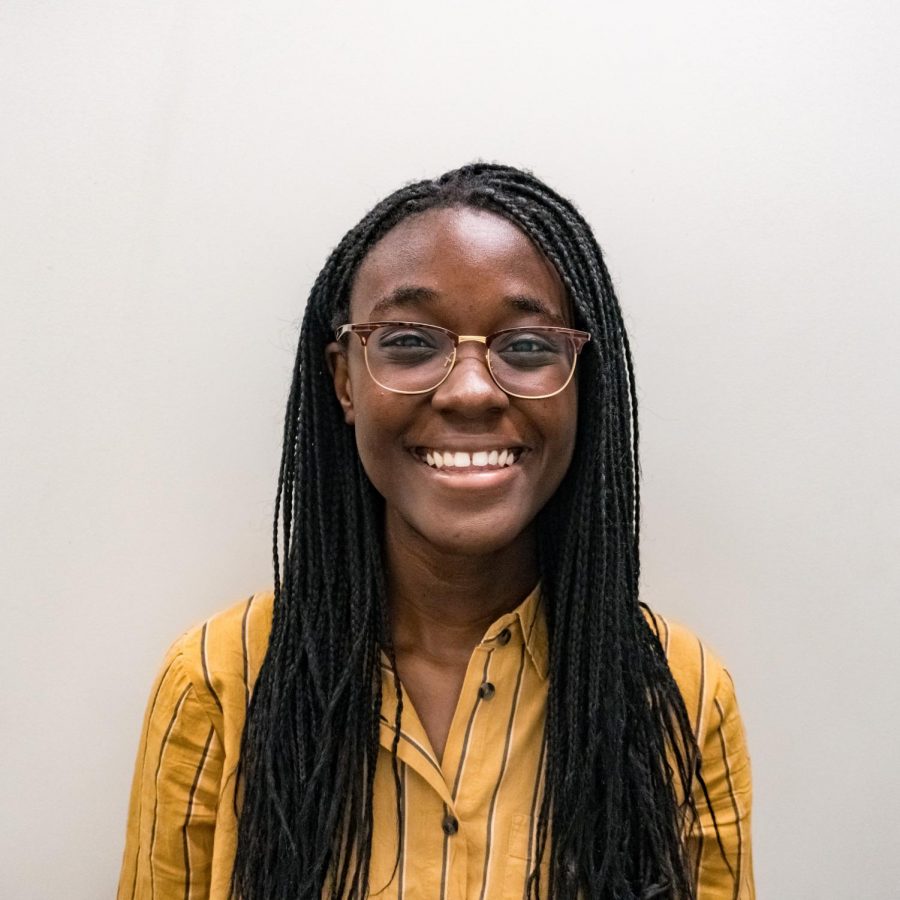For most of my life, I just wanted to be successful. Not necessarily happy — just successful. There’s a history that has led to this result, a series of sad, almost cliche events that starts with a Nigerian immigrant single mother. But regardless of the reasons, the result is the same. I did not start deprioritizing success to take care of myself until very recently, when I discovered — at 19 years old — that I have had undiagnosed ADHD and adjustment disorder anxiety for years (if not forever).
First, let me say that ADHD (Attention Deficit Hyperactivity Disorder) is difficult. It not only affects attention, but also affects areas like the way I view time and the way I prioritize tasks. What I mean by that is it’s very, very difficult for me to accurately perceive the passage of time, and without help, my brain prioritizes tasks pretty much like a toddler’s brain does — solely focused on the bright and shiny ones.
In some ways, that’s a gift. But it’s also anxiety-inducing and life-consuming. Before my diagnosis, my unregulated ADHD and anxiety at times left me curled up on the floor, sobbing from my own inability to focus. I would spend hours exhausting myself to do organizational tasks others could do in minutes, repeatedly urging myself to just work harder.
The reality of the situation is that shame around mental health issues makes asking for help difficult when you need to. It feels simpler — better, even, to tough it out alone. I know this isolation; it’s a comfort from the world’s sharp edges. It makes you feel protected. But it does not help you.
I want people to read this op-ed and know there is a lot of bravery in refusing that isolation and shame — the emotions handed down by teachers, friends or family who can’t understand your situation. I’d also like people, like the NYU administration, to know how terrifyingly difficult that process is.
I’ve had a lot of great experiences with NYU Wellness, but NYU could be doing much better in providing resources — if only we understood that the people who need help are the least likely to ask for it and adapted the marketing of services with this new understanding in mind (and hired more therapists).
For example, NYU’s Counseling and Wellness Services provides toolkits, workshops that meet regularly to build skills and provide support for students between therapy sessions. This is an important resource. But on the days when I was being swallowed alive by anxiety from my undiagnosed ADHD, I was not going to show up anywhere, especially not at a mindfulness toolkit. Students need other resources in between therapy appointments as well — low-effort ones. We need detailed coping strategies and high-quality mental health resources available online, in print or in audio form. We need more extensive resources that teach us to recognize the signs of anxiety and depression in ourselves and in others. Perhaps these could even be given at BASE meetings led by RAs, or in cohort meetings, which are mandatory for students in schools like the College of Arts and Science. (And also, one last note: we are literally begging you to please, please hire more counselors.)
But we cannot place the burden of seeking help on people who are already at their absolute lowest points. When you are in that place, you sometimes don’t even feel you deserve help at all.
In the meantime, let this article also serve as a thank you to the NYU staff who have consistently showed up for me and other students. I have a French professor who once listened to me cry about my diagnosis for hours on an old bench in Washington Square Park, and then later watched me sob again over some oat milk hot chocolate. I have a Writing the Essay professor who always takes time to remind me that my ADHD brain is creative and beautiful, even if it causes me trouble. I know a Moses Center worker who has found the ever-elusive balance between laughing at my self-deprecating jokes and rebuilding my self-esteem, and I have a therapist who calms me regularly with the sheer kindness in her voice alone. I have countless RAs and TAs who showed up for me more than I thought I deserved, more than they needed to, in ways they didn’t even know were impacting me. These are the staff who taught me that I was worth seeking help.
If you’re struggling with a mental health issue or mental illness: we’re in this together. My diagnosis came with a lot of shame, and instinctively, I wanted to hide it. I spent a lot of time convincing myself I wasn’t struggling because I was terrified people would assume I was not smart or capable if they knew. Even as I write this, I am still terrified people will now assume I am not smart or capable because of my diagnosis.
But I am even more terrified of being controlled by stigma or shame. My diagnosis is a part of me, but it is not a negation of any other part. I have worked my whole life to be hard-working, dependable and brave — and I am still these things while managing my ADHD and anxiety. I am struggling so I can find my best self, and that is the most noble thing a person can do.
I am no longer ashamed of that struggle.
Opinions expressed on the editorial pages are not necessarily those of WSN, and our publication of opinions is not an endorsement of them.
A version of this article appeared in the Monday, Nov. 18, 2019 print edition. Email Sarah John at [email protected].


























































































































































